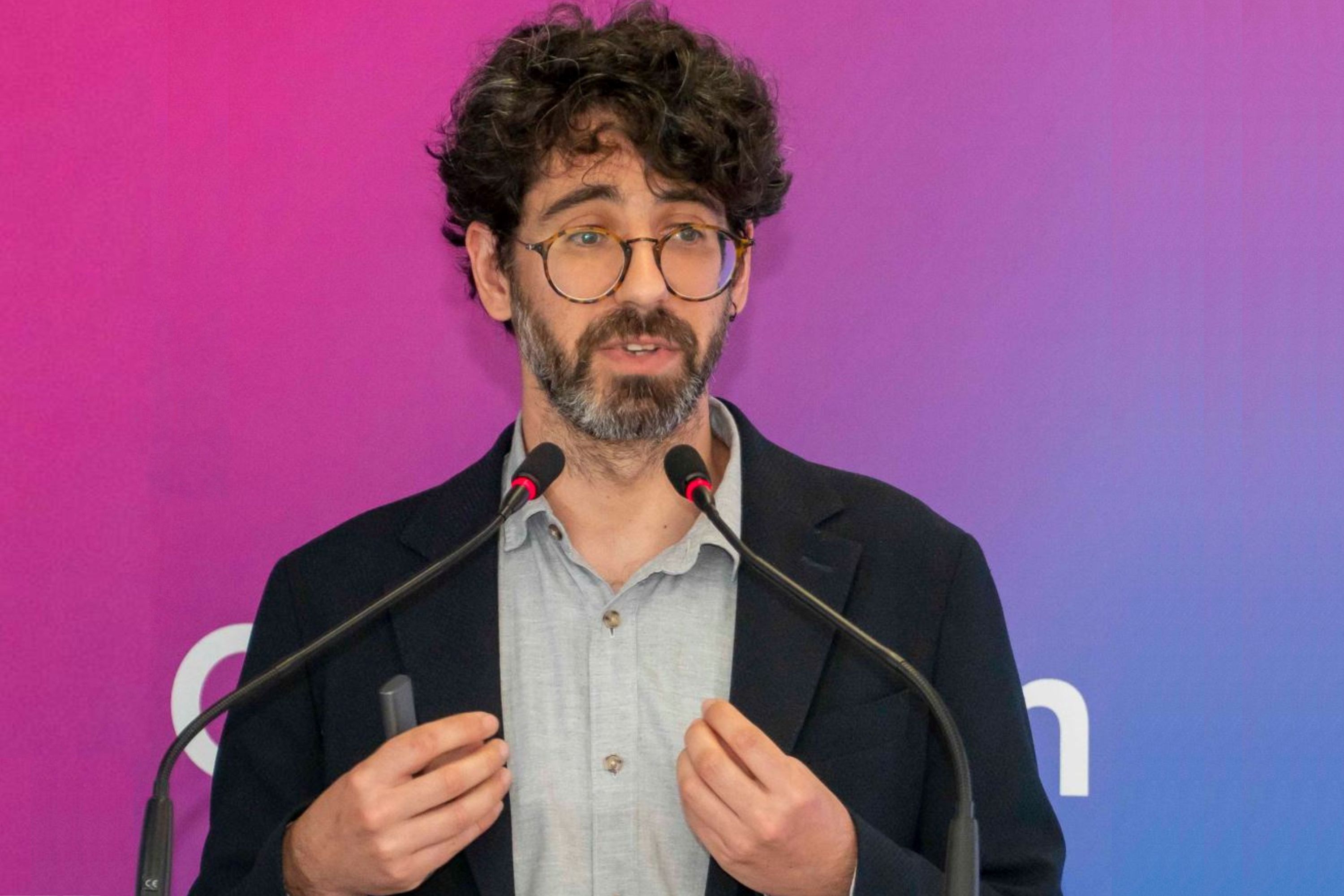
Latest information

Interview with Lois Orosa, Director of the Galician Supercomputing Centre (Cesga)
Lois Orosa, a Telecommunications Engineer from the University of Vigo with a PhD in Computer Architecture and Technology from the University of Santiago de Compostela, has been the director of the Galician Supercomputing Centre (Cesga), which belongs to the Xunta de Galicia, since last year. He has extensive international research experience at the highest level, relating to both industry and academia.
What are quantum technologies and why is it so important to push them forward?
We are currently undergoing the second quantum revolution, which involves manipulating quantum phenomena and quantum information, opening the door to great opportunities. This revolution is materialising with the manufacture of the first physical circuits that implement phenomena that were previously only theoretical, as is the case, for example, of quantum computers, which can manipulate information in the quantum domain.
Promoting these technologies is a bet on the future, as they have enormous potential (as demonstrated by the strong investments worldwide), but it is also true that they are still in the early stages, which is a risk, but at the same time an enormous opportunity to take a leading stance in these technologies.
Cesga has just acquired a quantum computer for 13.9 million euros thanks to funding from the Xunta de Galicia. What is it for and what will its impact be? Do you think it will be the strategic element of the new Quantum Technologies Pole?
The quantum computer's main objective is to serve as a catalyst to boost research, development and knowledge around quantum computing in our ecosystem. In fact, the 13.9 million euros are not only for the quantum computer, but also include other actions such as the creation of a Centre of Excellence in Quantum Computing, which will aim to attract and develop projects, attract talent, promote quantum computing, and transfer knowledge to the public and business sectors.
The quantum computer will serve two main purposes. First, to test quantum algorithms in a real environment (not a simulation, as has been the case so far), which will allow quantum algorithms to be grounded and adapted to a realistic environment. This will make it easier to carry out innovative and detailed studies on algorithms executed in a real environment, to be aware of the challenges and opportunities of working with a quantum computer, and so on. Secondly, to acquire knowledge about the device itself, how to operate it, maintain it, study its construction and components, in order to acquire the knowledge to develop the part most closely associated with the hardware device.
We hope that the catalytic effect of this quantum computer will have a fundamental impact on the development of the quantum ecosystem. This will undoubtedly be one of the key strategic elements of the Galician Quantum Technologies Pole, which we also hope will serve to attract talent.
What role can Galicia play in the quantum revolution and what are our advantages?
Right now there are several research groups working on quantum technologies, in Cesga, in Galician universities and in Galician technology centres. Together, we cover the major research areas within the world of quantum, namely computing, communications and quantum sensors, working on very specific topics within these areas. Although our ecosystem is much smaller than that of the world's major powers, our groups are very competitive in the niches in which they work, and therefore we have much to say.
Furthermore, in certain sectors, such as industrial, pharmaceutical, chemical or health, there are many computational problems that could potentially be solved with quantum computing in a very efficient way. We need to make the effort to identify those complex problems where quantum computing can make a difference, in order to give competitive advantages to our industry and public sector in the medium to long term.
Which business sectors in Galicia stand to gain the most benefits from quantum technologies?
There are some sectors that can benefit from these technologies relatively quickly, such as the industrial sector (optimisation of production processes), logistics or the automotive sector. In the longer term, other sectors such as healthcare and pharmaceuticals, for example, may be major beneficiaries, but the ultimate goal is to identify and invent new quantum algorithms that can benefit a wide range of business sectors.
Can you give us an example of how supercomputing and the solutions achieved with the quantum computer can be applied in the day-to-day operations of SMEs and companies?
There are many examples of how companies and SMEs can apply classical supercomputing, among others: virtual prototyping, the use of digital twins, optimisation of manufacturing and business processes, training of large models, etc.
As far as quantum computing is concerned, it is important to make clear that at this stage this technology is not sufficiently developed for use in commercial production systems, as it is still in a phase of research and improvement of quantum devices and software. Some pilot examples so far are the optimisation of dynamic routes in courier companies, or the optimisation of the vehicle painting process.